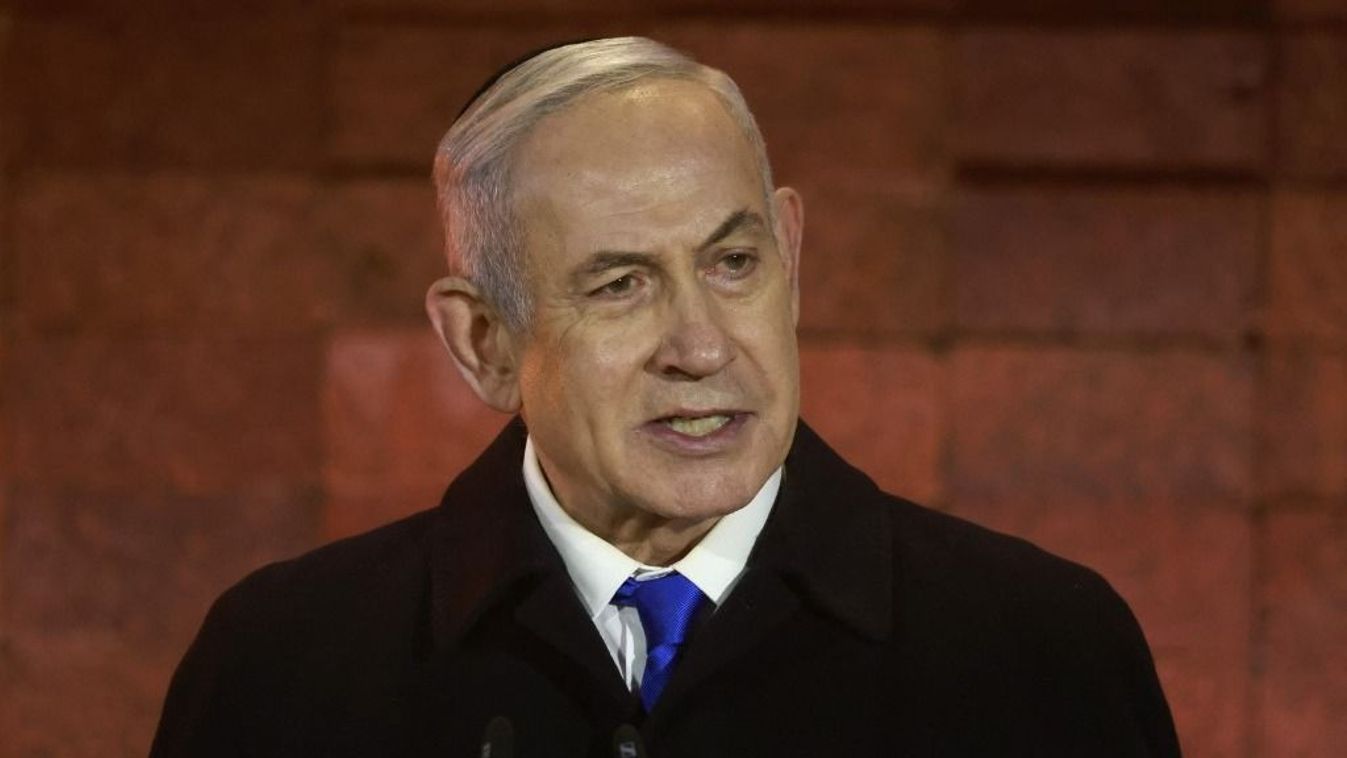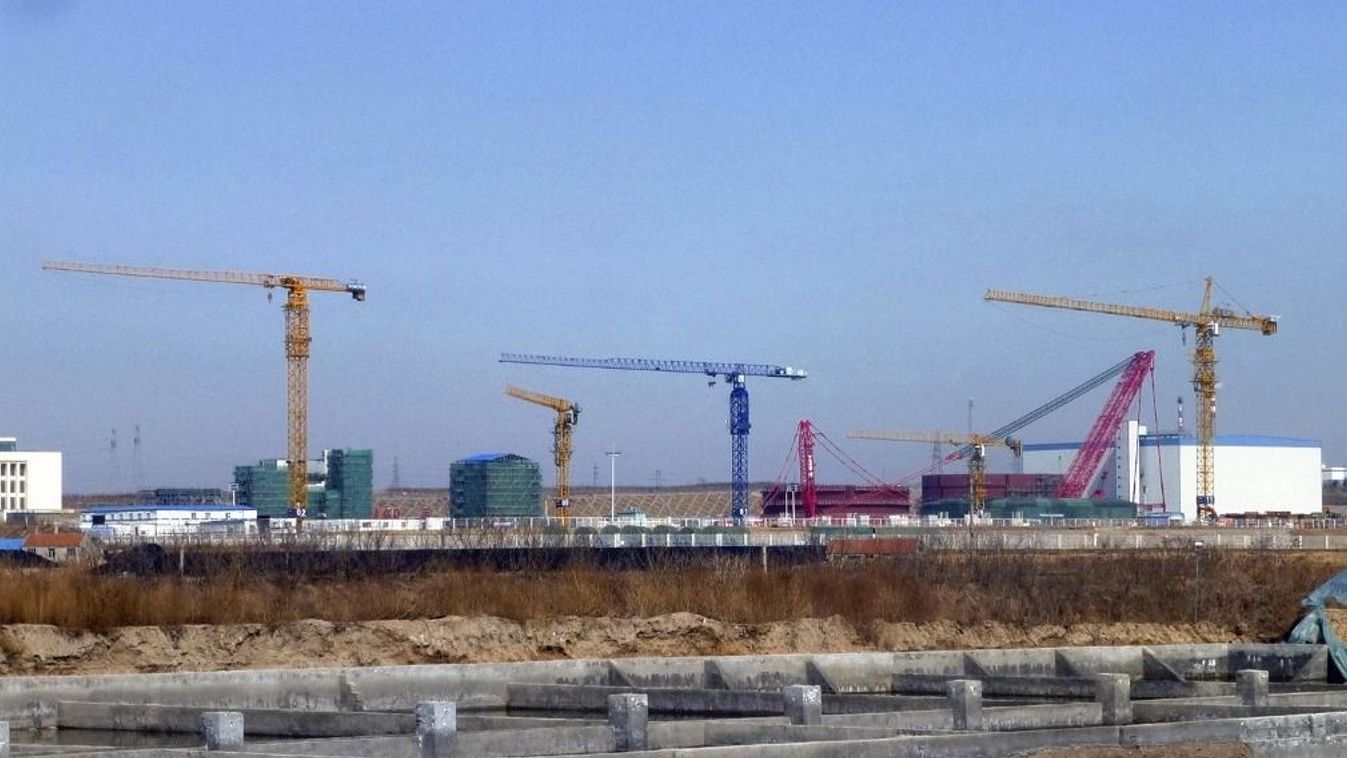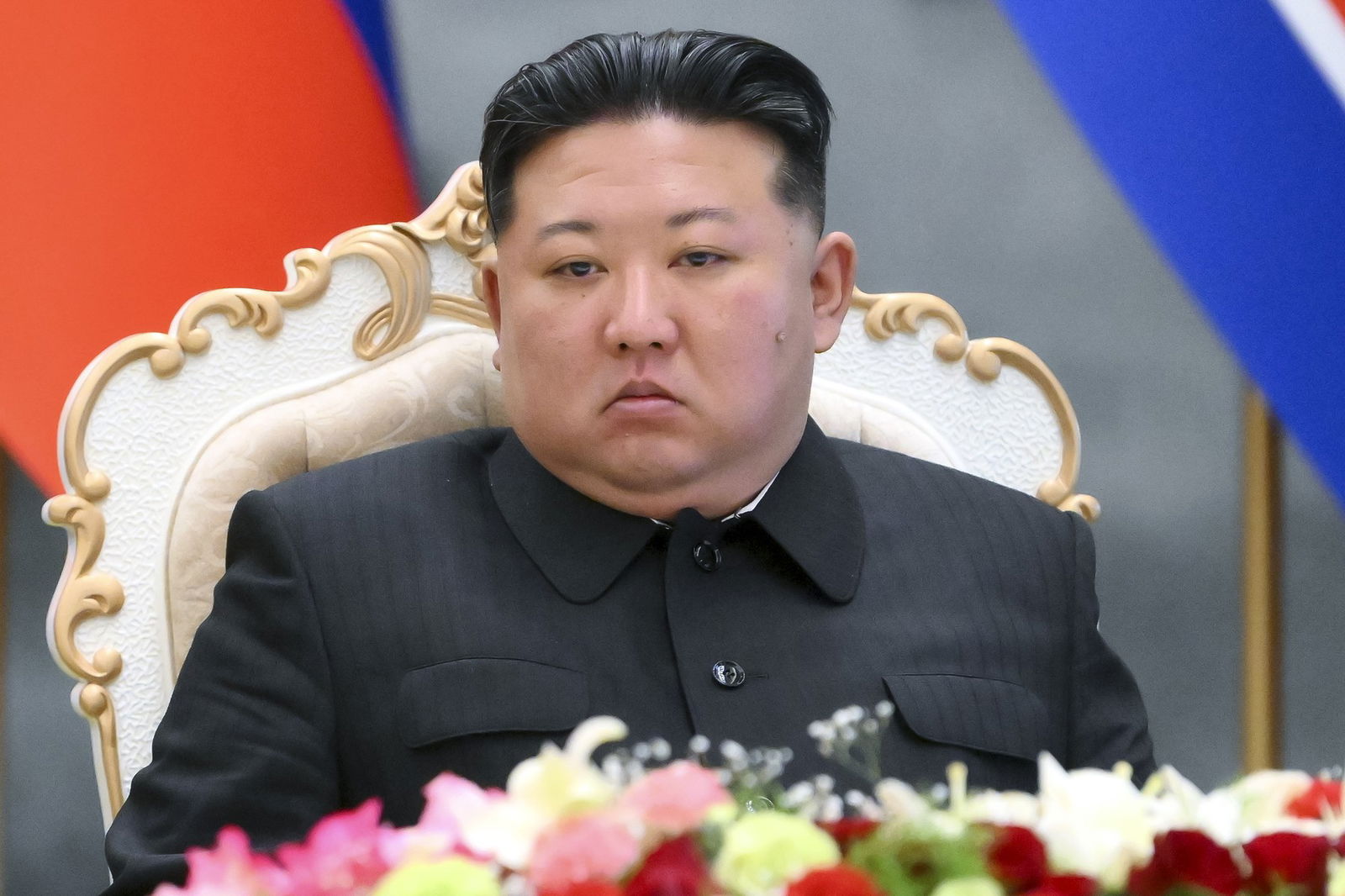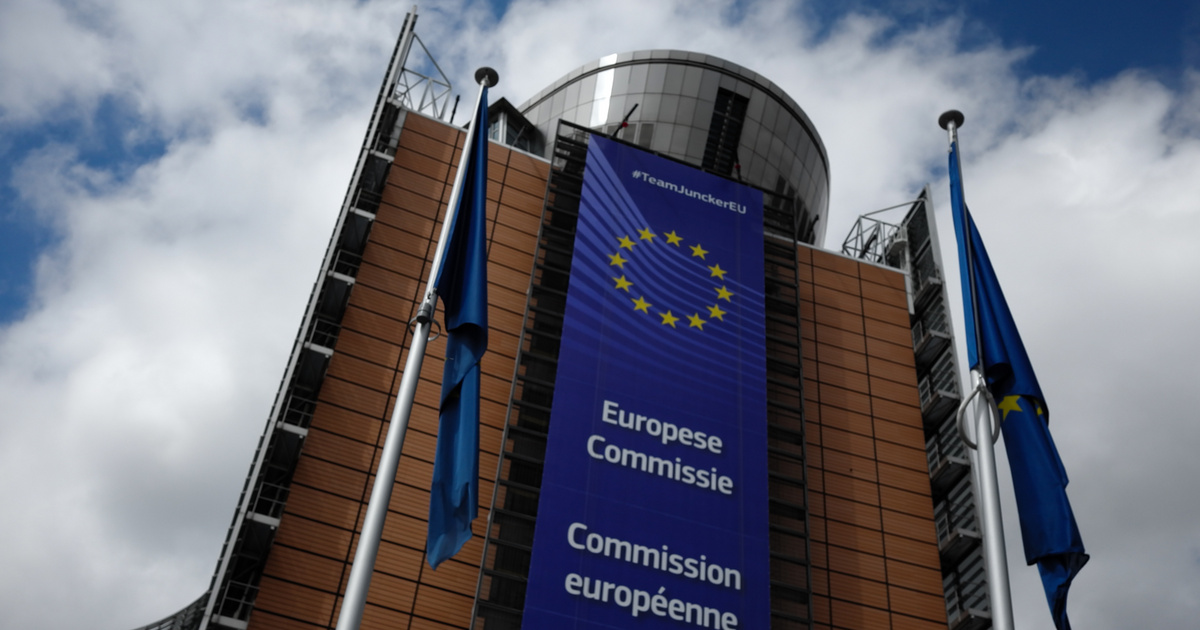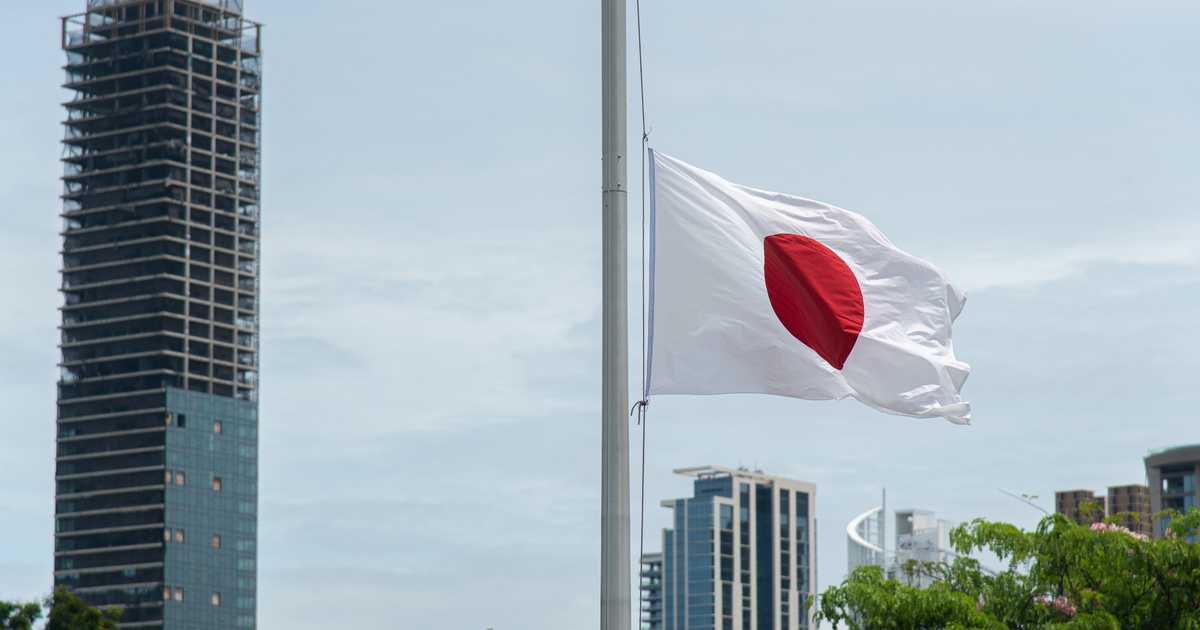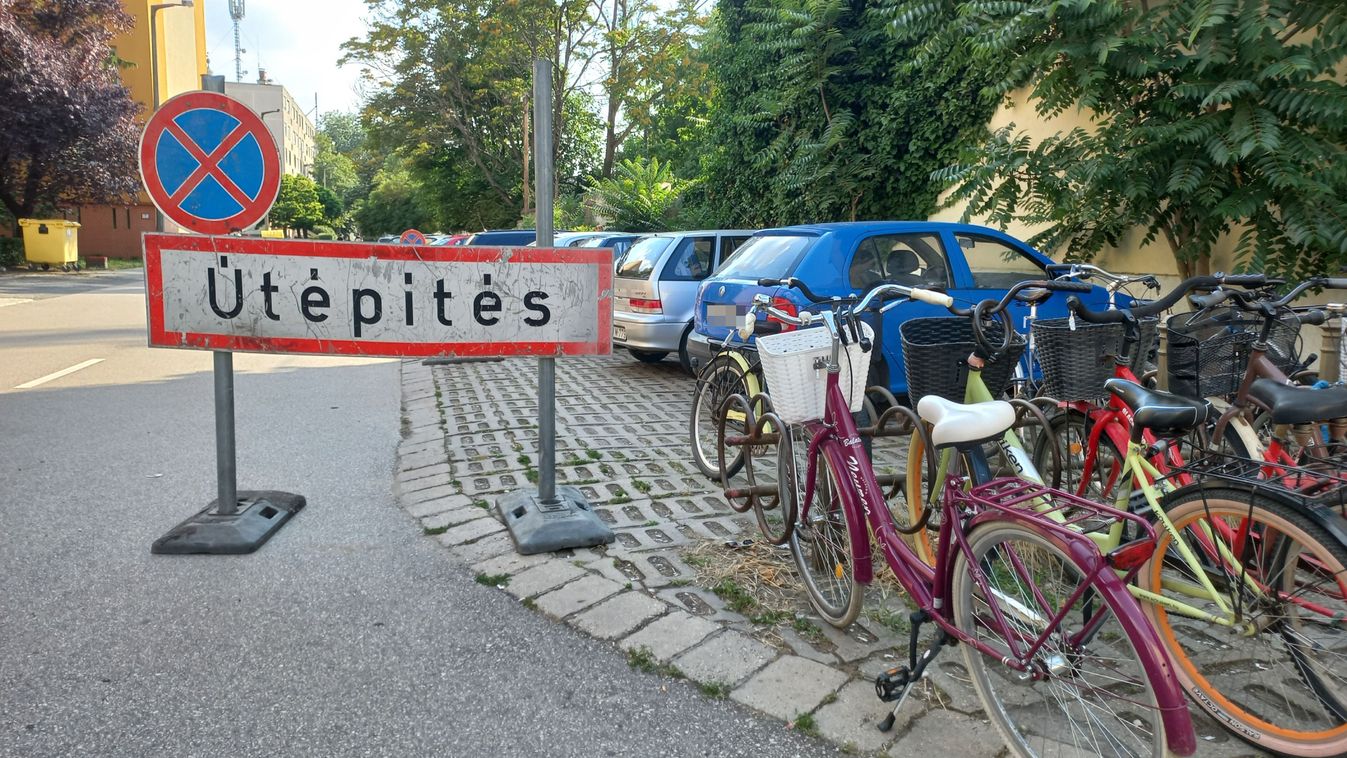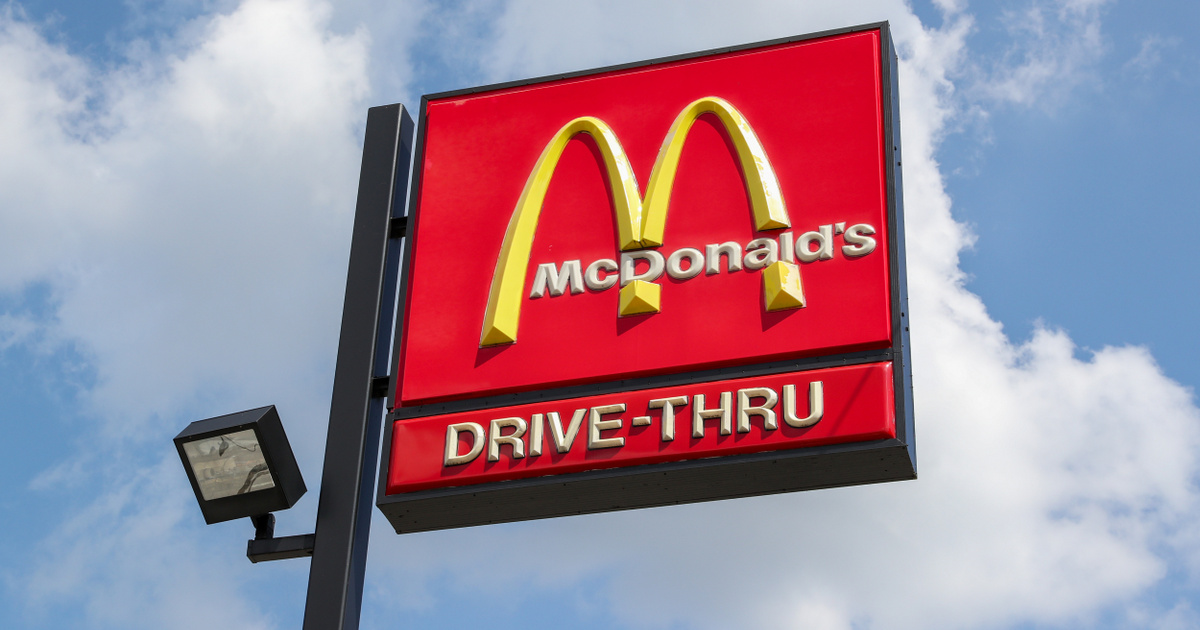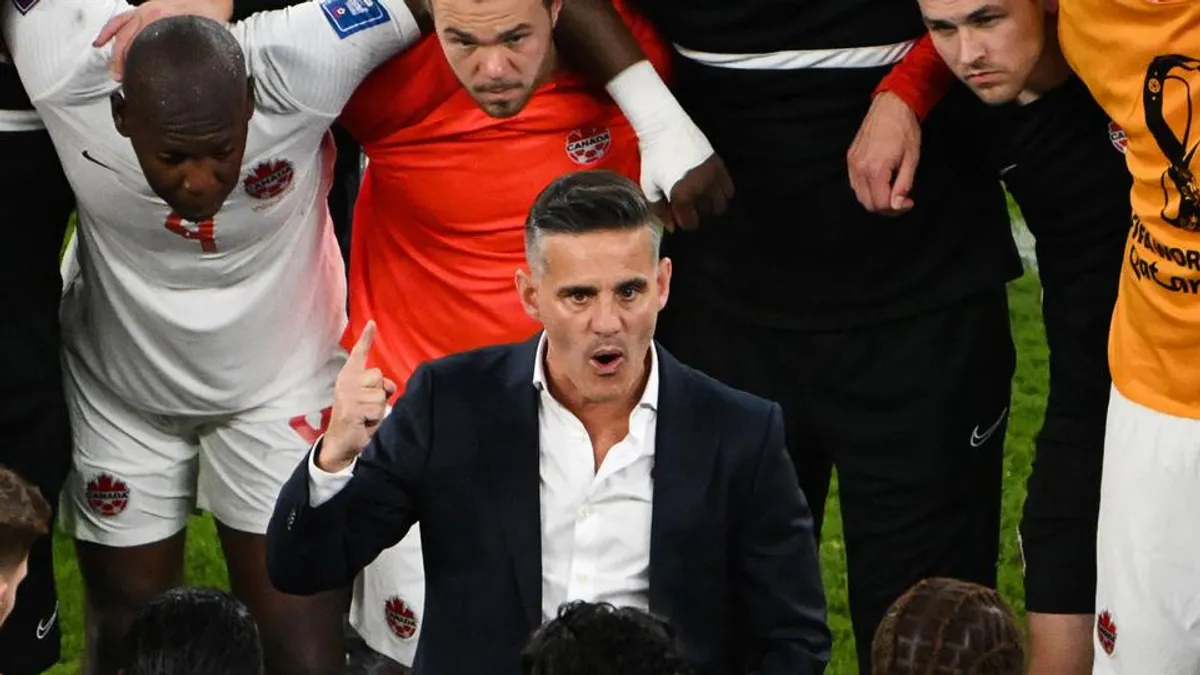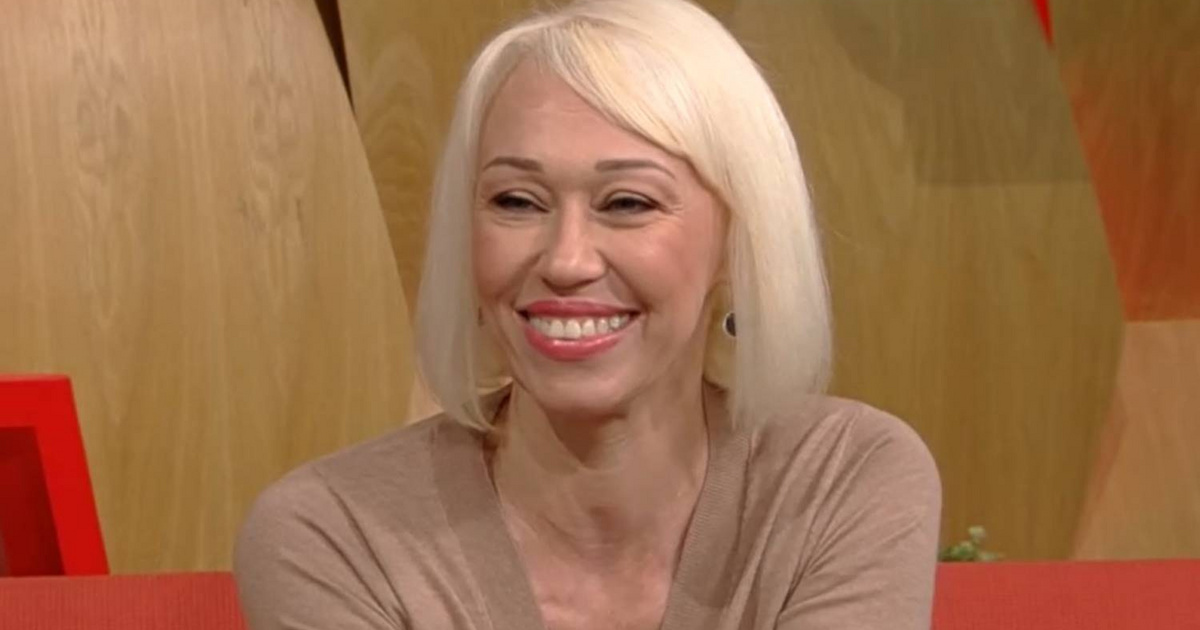The cessation of coordinated action may continue for several more months, so far the positions of each other
– emphasized interest group leaders RMT, ASLEF and TSSA before the House of Commons Transport Committee. The business owner side expressed somewhat more optimism: Steve Montgomery, president of the Rail Delivery Group, which represents railroad companies, sees an opportunity to advance with RMT and TSSA, but admitted that their ideas with ASLEF are already further afield.
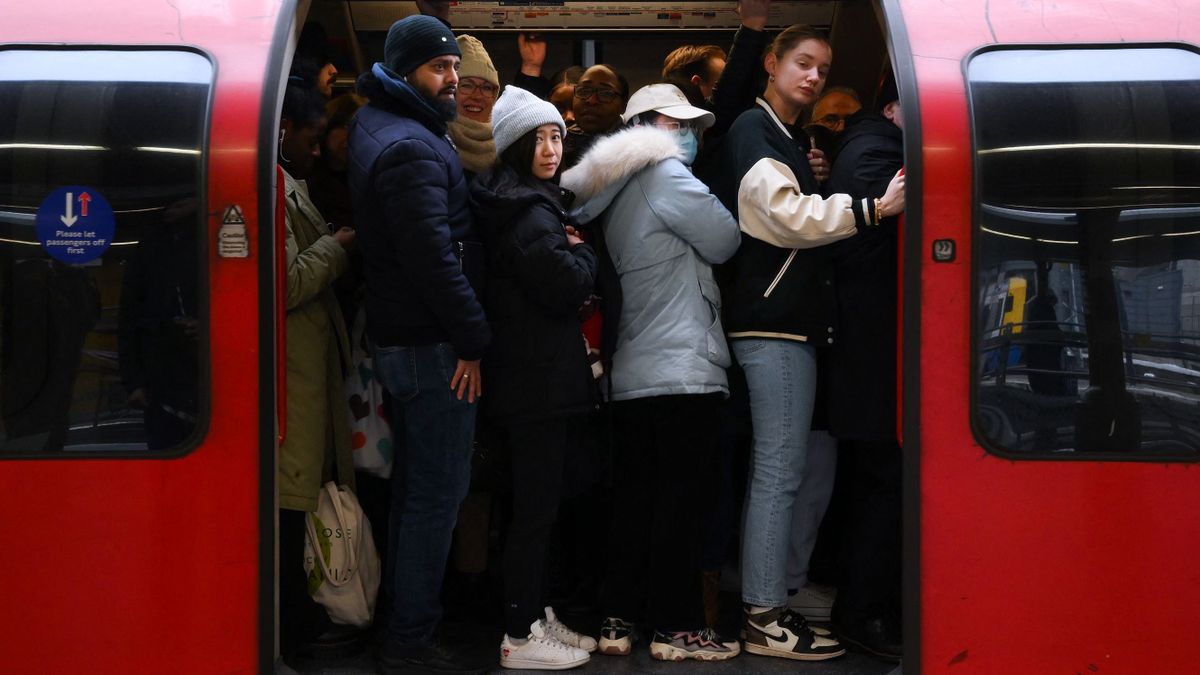
Another major employer, Network Rail chief negotiator Tim Schoeffler, sees it similarly. According to him, “there is a great opportunity to agree on some major issues.”
In any case, the work stoppage, which has been going on for months, indicates that the intentions of employers and unions are very far from each other, and that strikes There is no possibility of fast completion. Thus, the problems remain permanent: passengers have to expect long delays.
Unions are demanding bigger wage increases due to double-digit inflation and reject attempts by government and employers to change working conditions.
The situation of Prime Minister Rishi Sunak has been made difficult by the staff of several sectors. Not only railway workers, There are also regular work stoppages among workers in the entire public transport sector. In addition, health workers and border guard workers are also on strike, the main reason for which is the decrease in the real value of salaries. As the government’s position softened, the Prime Minister initiated a meeting with the unions at the beginning of the week, but they have not reached an agreement yet, so the interest protection organizations continue to stop working.



